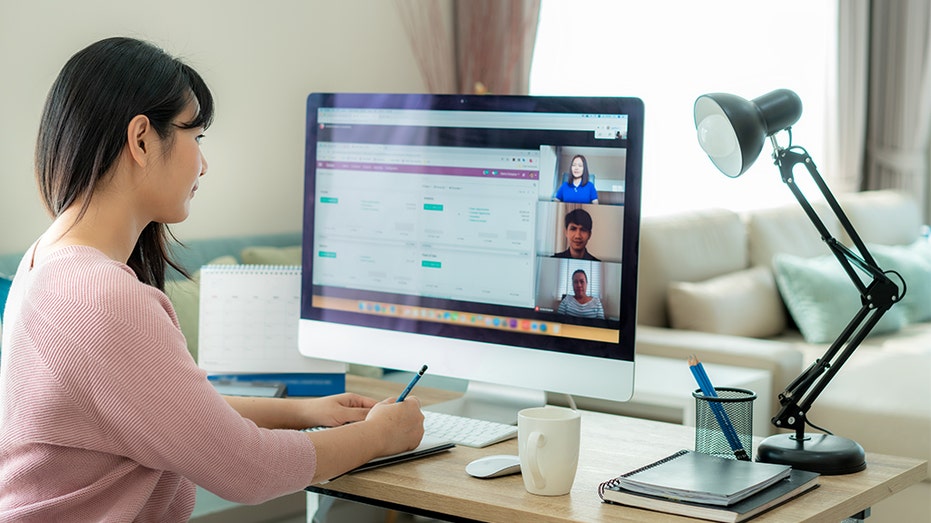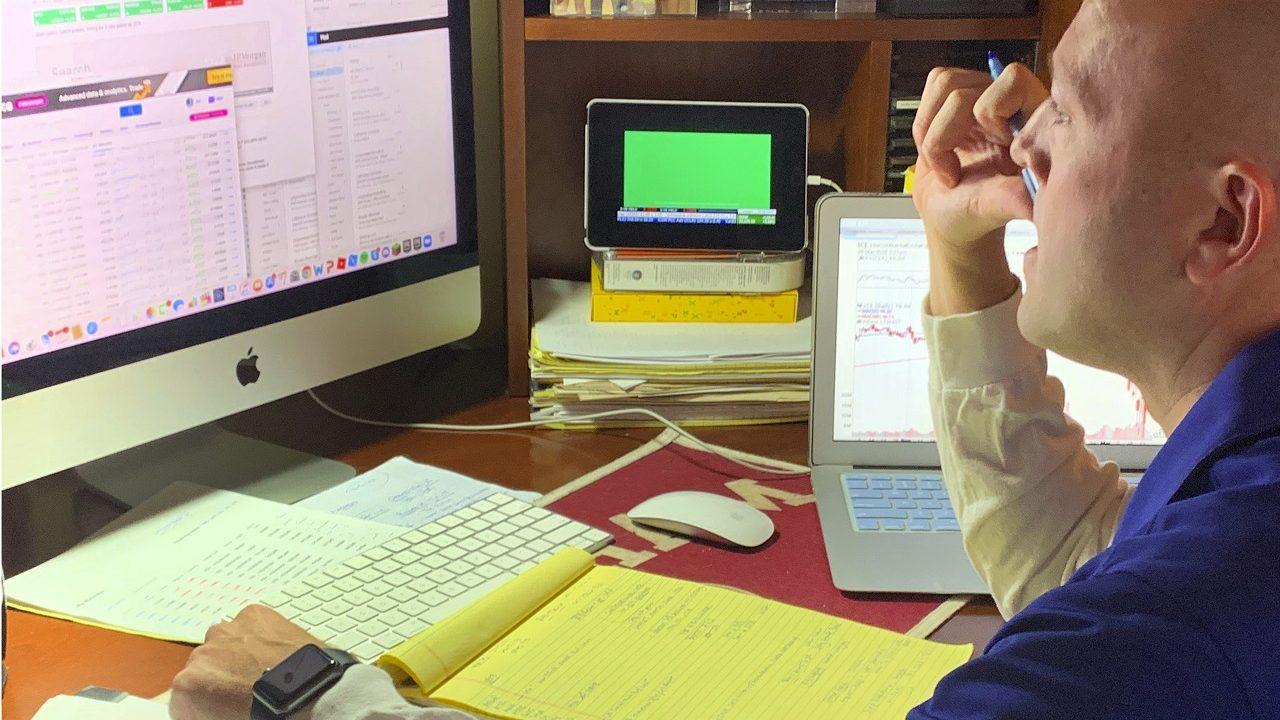Coronavirus caused burn out in 41% of employees: Study
'Zoom fatigue' caused by video conferences is a contributing factor to stress, anxiety
Get all the latest news on coronavirus and more delivered daily to your inbox. Sign up here.
More than two in every five U.S. employees are feeling burned out after weeks of working from home, according to a new survey from the Society for Human Resource Management.
Out of a random sample of 1,099 U.S. employees, 41 percent of workers feel burned out from their work, 45 percent feel emotionally drained and Gen Z workers — or those born in the late 1990s — are twice as likely to feel burnout than baby boomers.
VARNEY: AMERICANS GETTING CORONAVIRUS 'QUARANTINE FATIGUE'
"It's a timely reminder during Mental Health Awareness Month that there's more to this crisis than new cases and economic costs," Johnny Taylor, the human resources society President and CEO, said in a statement. "COVID-19 is taking a toll on our minds and emotions in a million little ways. Now, more than ever, employers should double down against stigmas and guarantee employees know of the resources, benefits, and accommodations available."
The results of the survey highlight how even as millions of Americans have been furloughed or laid off as a result of the pandemic, some who are lucky enough to still be employed may be feeling additional stress while working from their own homes and trying to find a manageable work-life balance.
'WORK FROM HOME' IS HERE TO STAY AND IT SHOULD LOOK LIKE THIS: SILICON VALLEY CEO
One in every five workers say COVID-19 has threatened personal opportunities, job security, safe working conditions, benefits and pay, according to the survey.
The survey also builds upon a new phenomenon called "Zoom fatigue," or the feeling of being depleted as a result of participating in too many virtual calls and meetings on video-conference apps, including Zoom, Google Meet, Skype, and Microsoft Teams.

Woman talking to her colleagues about plan in video conference / iStock
Scientists say Zoom fatigue is the result of a number of psychological factors that people may not be considering when they hop on a conference call, according to National Geographic. These factors include confusion stemming from a lack of hand gestures, trouble focusing on too many people and voices at once, too much or too little eye contact, tech troubleshooting and more. In other words, people are tired of a lack of real, human connection.
GET FOX BUSINESS ON THE GO BY CLICKING HERE
Experiencing Zoom fatigue and struggling to manage work and life from home come on top of the general health anxiety related to COVID-19, especially for those living with vulnerable people such as those over 65 years old, and the changes in plans and lifestyles that have come with state lockdowns.
Of the 1,099 respondents, 58 percent said they are living with at least one person considered to be vulnerable to the virus.





















